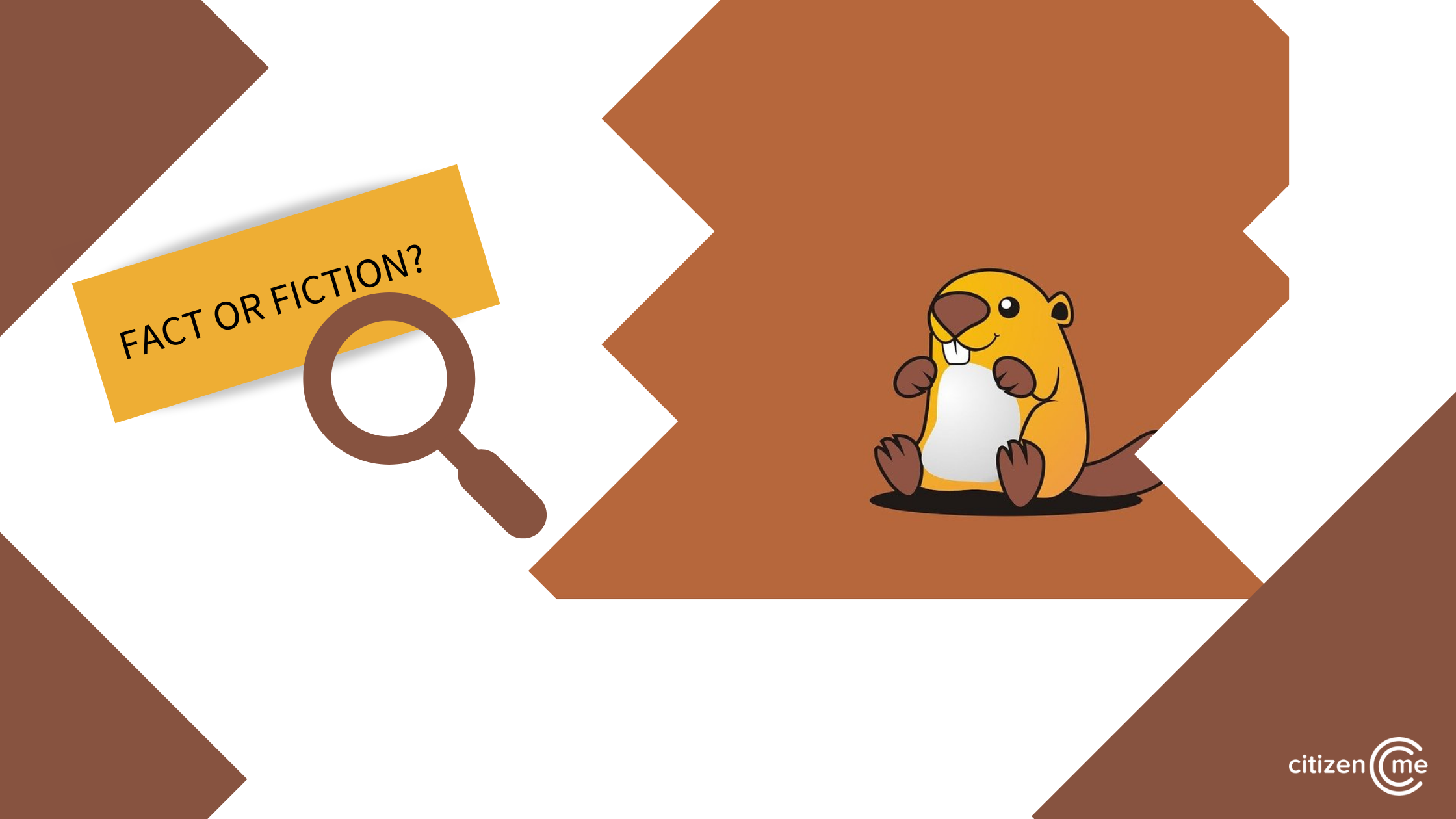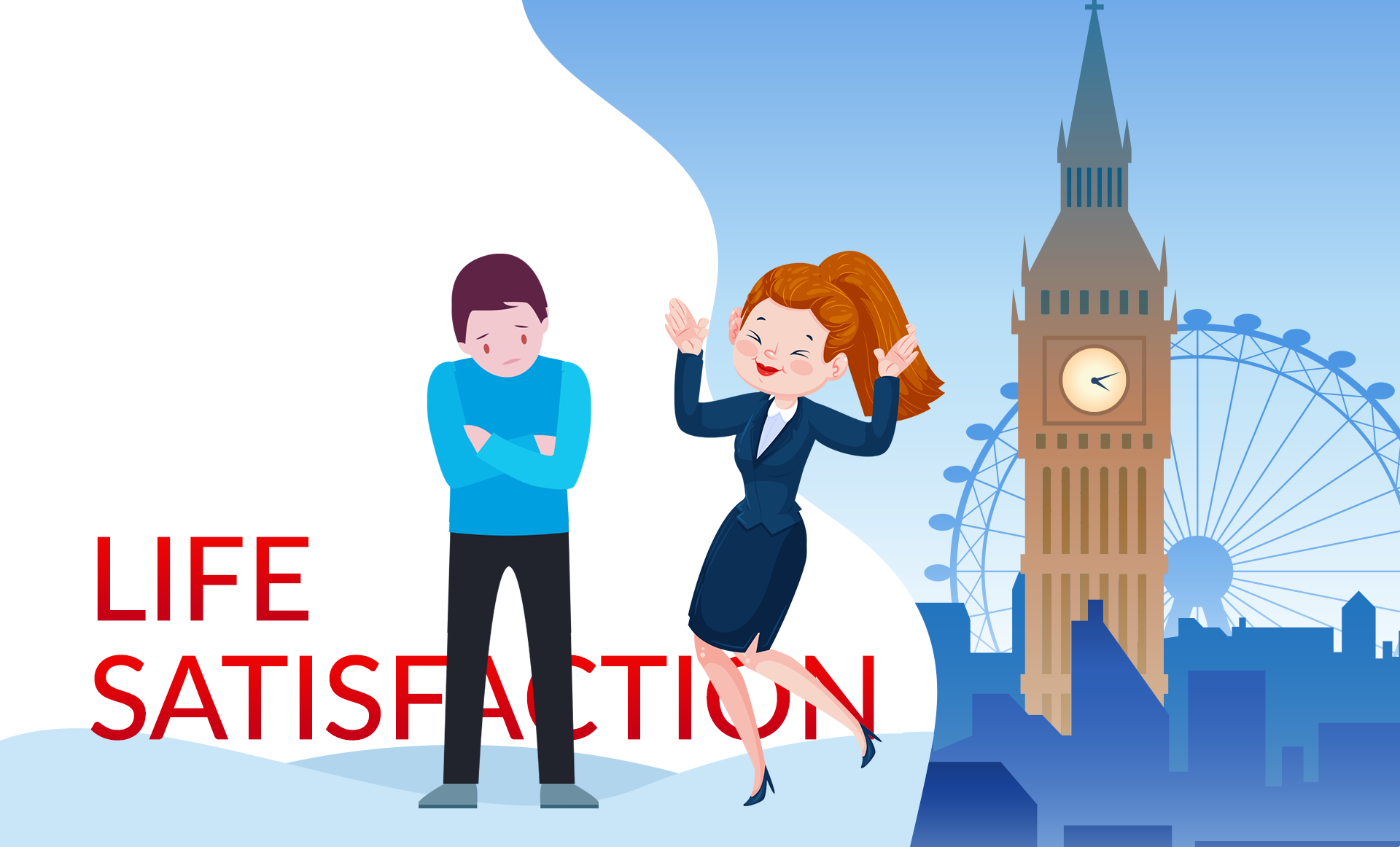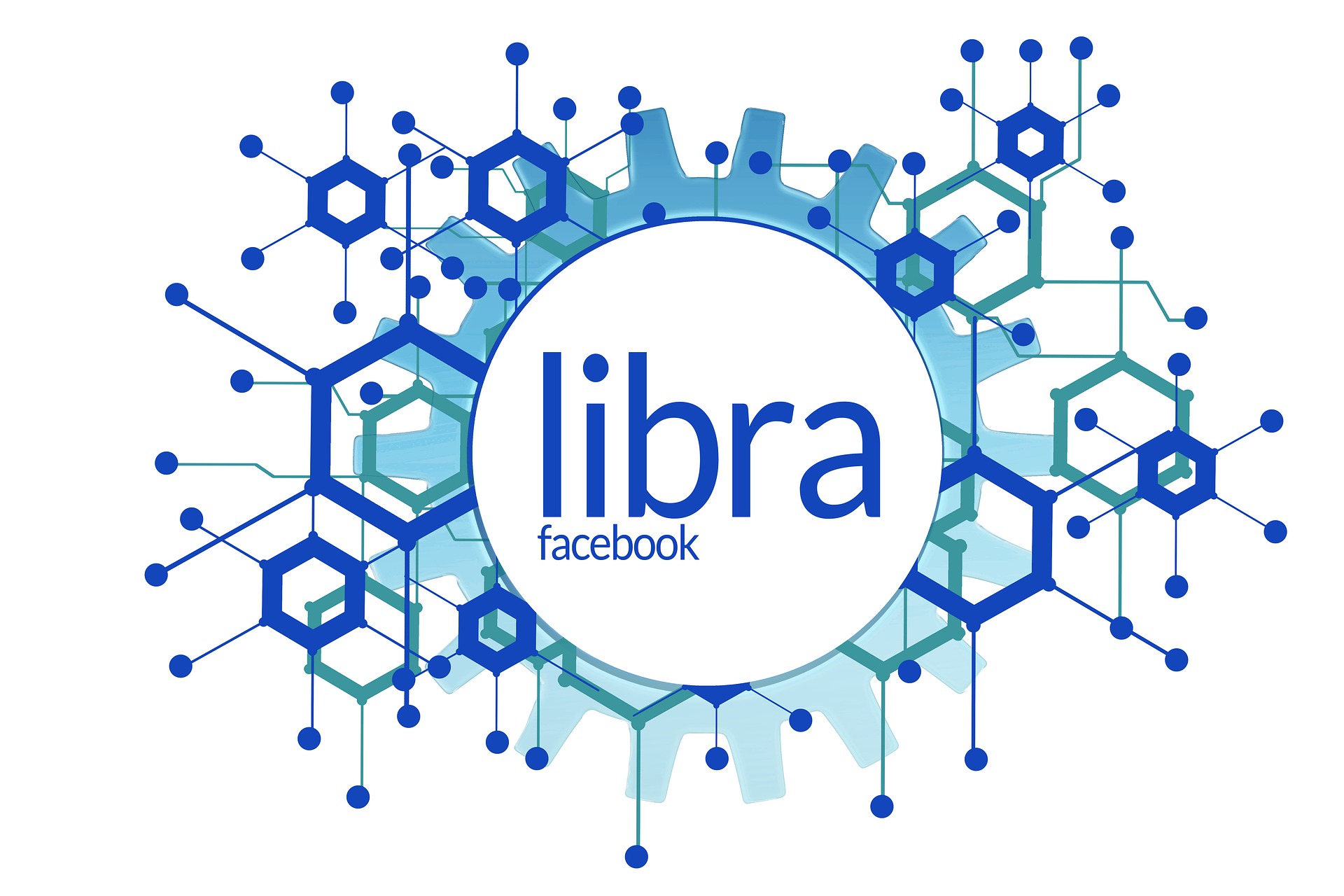
Intelligence by likes: is it important?
Intelligence by likes: is it important? https://www.citizenme.com/wp-content/uploads/2017/11/24215558081_87f1fd4b0d_b-e1512045558430.jpg 770 616 Beth Hepple Beth Hepple https://secure.gravatar.com/avatar/8f7fce6d2c6864aa79cc3244d05191f6?s=96&d=mm&r=gAhhh your online self. Is it the real you, the best you? One thing that we can say with some level of certainty is that our social self isn’t always a true reflection of us in reality. Some of us might go so far as to actively monitor what we like and share in order to keep our online persona as we want it. Then there are those of us who post what we want, when we want, regardless of the perception that other people (or Facebook’s algorithms) have of us. You might have guessed from some of our insights lately that your Facebook likes can be used to predict a number of things about you. Your age, political stance and interests are just a few of the things that can be guessed by looking at your page likes. But what about your intelligence?
Is it the intelligence of your persona that we’re seeing?
The important thing to ask is do we want our online self to be a carbon copy of us in real-life? Or do we just want people to see the persona we create? Those Facebook ‘friends’ who don’t really know you are going to judge you anyway, regardless of what you post, so maybe creating a persona is the best thing for all of us?
After completing our latest insight, which predicts your level of intelligence based on your likes, I was happy to see my result was ‘Smart? So-so’. Why? Because frankly, I don’t want my Facebook profile to be the place I have deep and intellectual conversations about academic subjects. I don’t want to read articles about quantum physics and I definitely don’t want people getting a better understanding of what goes on inside my head when I’m quietly considering things that I believe are important. I actually enjoy watching cute dog videos, completing bizarre and inaccurate quizzes and reading spoilers about my favourite TV shows. For me, social media should be a fun place to be!
It’s all about escapism. Your online self can be a less serious version of you. Even with all of the fake news, advertising controversy and airing of dirty laundry, at the end of the day it’s all about fun. There’s something quite exhilarating about the guilty pleasures you can get away with enjoying on Facebook and Instagram/Snapchat for that matter. Does it matter if they make you seem less intelligent? Not at all.
Who are you trying to impress?
Your likes can also indicate your sense of belonging to a particular group. You and your friends may religiously follow a particular TV show, therefore you like it on Facebook. Does it matter if this decreases your perceived level of intelligence? No, not really! There may also be topics that are less commercially focused and more intellectually suited to you. But do you want your friends to see that you have liked them on Facebook? Probably not. It’s not really the platform for satisfying your intellectual curiosity; it’s much better for discovering the amusing, outlandish, weird and wonderful.
We all know there’s a distinct difference in the kind of things we all like and share on Facebook to that on LinkedIn for example. You want people in your professional world to see the intellectual you, the bright and enthusiastic you. On Facebook, you’re not trying to impress anyone, so the fact that you like a page called I heart pyjamas means nothing. You’re less conscious of the fact that people will be judging you. So you like the official Facebook page of Britney Spears. So what? I doubt you’re alone in that one.
Is your social profile more like society’s reflection of you?
Us mere mortals are fickle creatures. Unless it’s a subject we’re truly passionate about or a really contentious issue, we don’t necessarily express extreme feelings day-to-day on social media. This could be down to us wanting those we have on social media to have a specific perception of us. We’re all a little guilty of liking things that conform to societal norms and we’re probably all 100% guilty of portraying a different (maybe even slightly dumbed down) version of ourselves online. On the other hand, there are those of us who try to make themselves appear more intelligent online. But that doesn’t necessarily mean our efforts will pay off and people will consider us the height of intelligence. In some cases, it could have the opposite effect. Eeek!
In reality, none of this matters as long as you’re true to yourself in reality Personally, I believe having an online persona is a good idea, it makes getting to know you in real-life even more fun!
- Posted In:
- Citizen blog






Leave a Reply